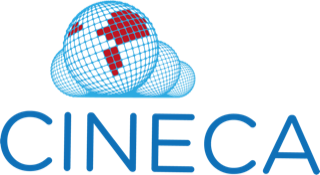Authors - Álvaro González (CSC), Shubham Kapoor (CSC), Kirill Tsukanov (EMBL-EBI)
The federated analysis platform defined by this task aims to provide technological solutions for three exemplar use cases: Federated joint cohort genotyping; Polygenic Risk Scores (PRS) workflow across two similar ethnic background sample sets; Federated QTL analysis for molecular phenotypes. In this deliverable, we gathered the technical requirements based on these use case descriptions and wrote a short design document which explains the requirements and lists the different options for a solution.
Three distinct frameworks were considered to address the requirements from the use-cases. The chosen framework supports different computing environments, which is a requirement for true federated analysis. The framework also supports extending compatibility with GA4GH standards, such as WES, htsget, and AAI / Passports. Plans to extend this proposed solution beyond these initial sites will be carried out after the initial phase of validation.
https://doi.org/10.5281/zenodo.4609356
Read More




